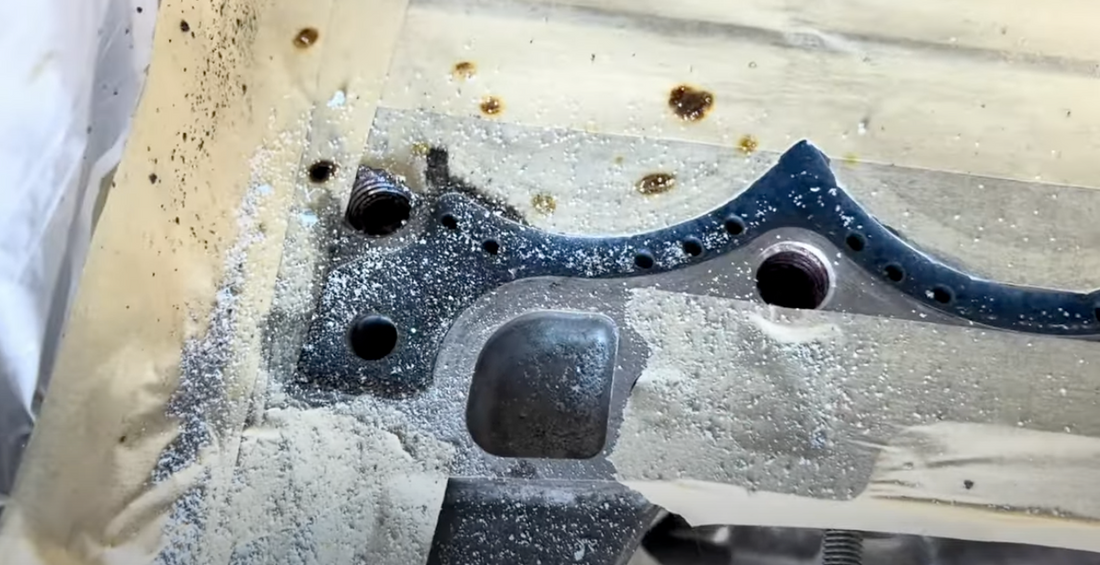
How Does the Engine Cool After EPOXY54?
Share
One of the most common questions we hear is: “If you’re filling the block with epoxy, how does the engine cool afterwards?”
Closed Deck vs. Open Deck Cooling
-
Many modern race-inspired engines come factory with a closed deck design.
-
A closed deck supports the cylinder walls for strength, while still allowing coolant to flow around the cylinders.
-
Older open-deck engines typically leave these areas unsupported (mainly for cost-saving reasons).
Our epoxy filler replicates an OEM closed deck solution: it strengthens the block while maintaining coolant flow.
How Coolant Flow is Preserved
After the epoxy has cured, we carefully re-establish coolant passages:
-
The block is first taped, filled with sugar, and poured with epoxy to the correct height, leaving clearance for coolant channels.
-
Once cured, the head gasket is used as a template to mark coolant holes.
-
A 3/32 drill bit is used to reopen these passages, ensuring coolant can still flow just as it would in a factory closed-deck engine.
The Result
-
Cylinder strength of a closed deck → less risk of cracking or distortion under high boost.
-
Full coolant flow preserved → the block still cools like OEM.